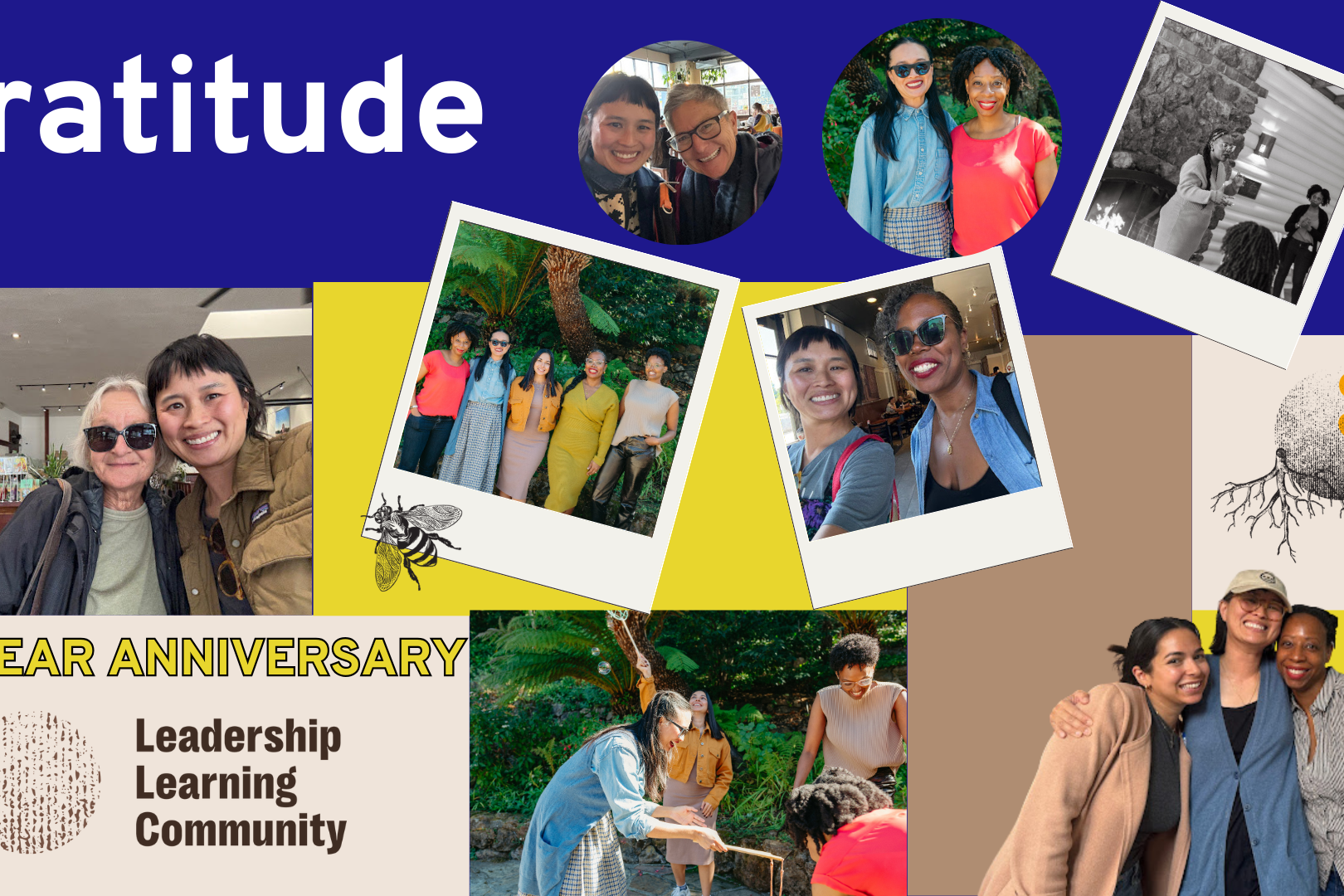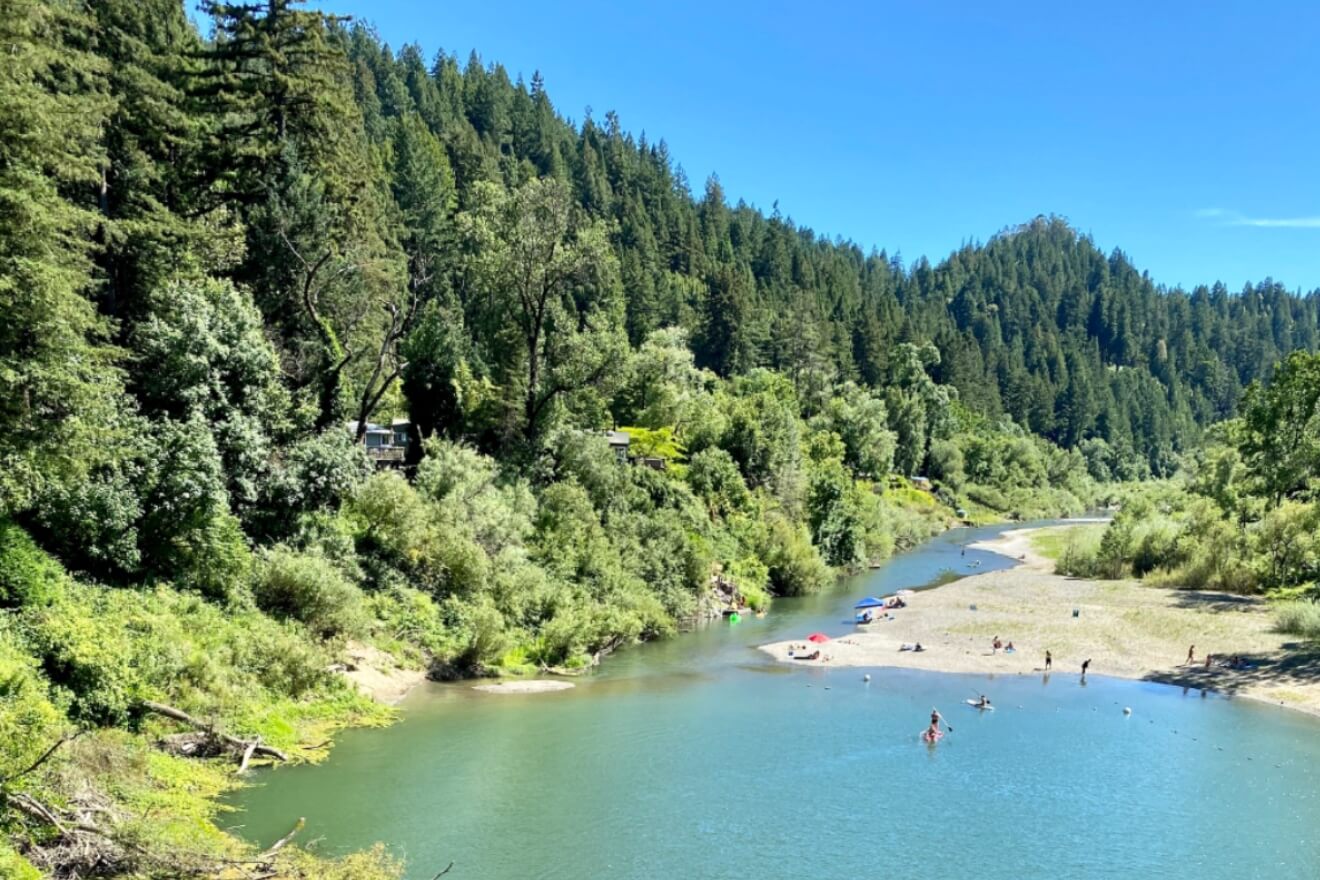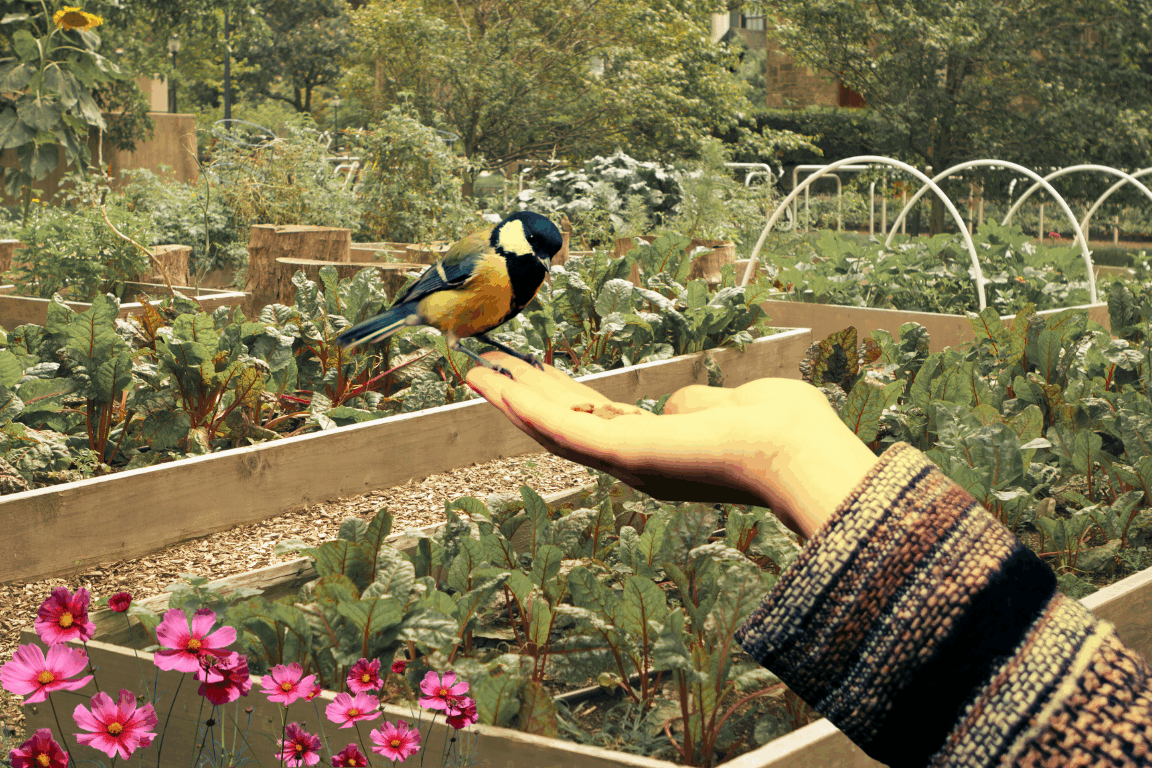As I sit down today and reflect on my experience as a Venezuelan American, especially in the context of today’s world, I find myself holding the weight of memory and identity. This month marks 23 years since my dad was injured in Caracas during a protest on April 11, 2002, and that moment feels more personal and profound than ever. That day left behind deep trauma and continues to stir sadness for many Venezuelans. What happened that day left behind not only physical scars but a lasting emotional wound. For my family, it marked a turning point—a moment when fear and uncertainty outweighed the comfort of home, and we decided to leave everything behind in search of safety, freedom, and the hope of a better future in the United States.
There has been a lot of news about Venezuela since the controversial and consequential presidential election on July 28, 2024 (e.g., APA Press describes it as “stolen…”). Information is challenging to find because it is controlled within Venezuela, and there is limited freedom of the press. I’ve also been surprised by how biased different U.S. news outlets have been in reporting on issues regarding Venezuela. For me to understand the situation while living abroad, I read multiple reports from U.S outlets and Venezuelan-specific sources that are not owned by the current Venezuelan government, and also fact-checked with my family and community. Here are some articles and organizations I find to be helpful in their description of what has been happening:
- There are 890 political prisoners in Venezuela, including men, women, and adolescents. Opposition leaders have been murdered, forced into hiding, or exiled.
- Edmundo Gonzalez Urrutia, the President-elect who won with 67% of the votes, was forced to leave Venezuela and was not allowed to enter the country on January 10th, 2025, for the inauguration. Opposition leader Maria Corina Machado was forced to go into hiding, and many of her staff have been imprisoned. To understand Venezuela’s complex political crisis. It is important to note that the ruling party, “the United Socialist Party of Venezuela (PSUV), controls nearly every relevant institution: the Supreme Court, the Office of the Attorney General, the National Assembly, media outlets, the electoral authorities, and the armed forces.” Meaning there is no checks and balances system properly working, and it’s nearly impossible for other political parties to exist and have freedom of speech.
- The US administration, under President Trump’s guidance, sent ~250 Venezuelans to an El Salvador Terrorism Confinement Center (CECOT). As families began to defend their loved ones, news outlets began to investigate and are finding little to no evidence of criminal histories or links to the El Tren de Aragua gang.
- U.S. District Judge Edward Chen in San Francisco paused plans by the Trump administration to end temporary legal protections for 350,000 Venezuelans whose Temporary Protected Status (TPS) was set to expire on April 7th, 2025. This news has been a major relief for the thousands of Venezuelans who have made the U.S. their home.
Venezuelans, abroad and at home, are more united than ever before. We want freedom, we want peace, we want to rebuild our country collectively, we want justice, we want to hug our loved ones again.
The story of Venezuela’s collapse gets used by all sides as a cautionary tale of “it could happen here, too,” without fully understanding the history and nuances of what happened before and during Chavismo, and now under Maduro. Therefore, I encourage you to connect and make space for Venezuelans to tell their story.
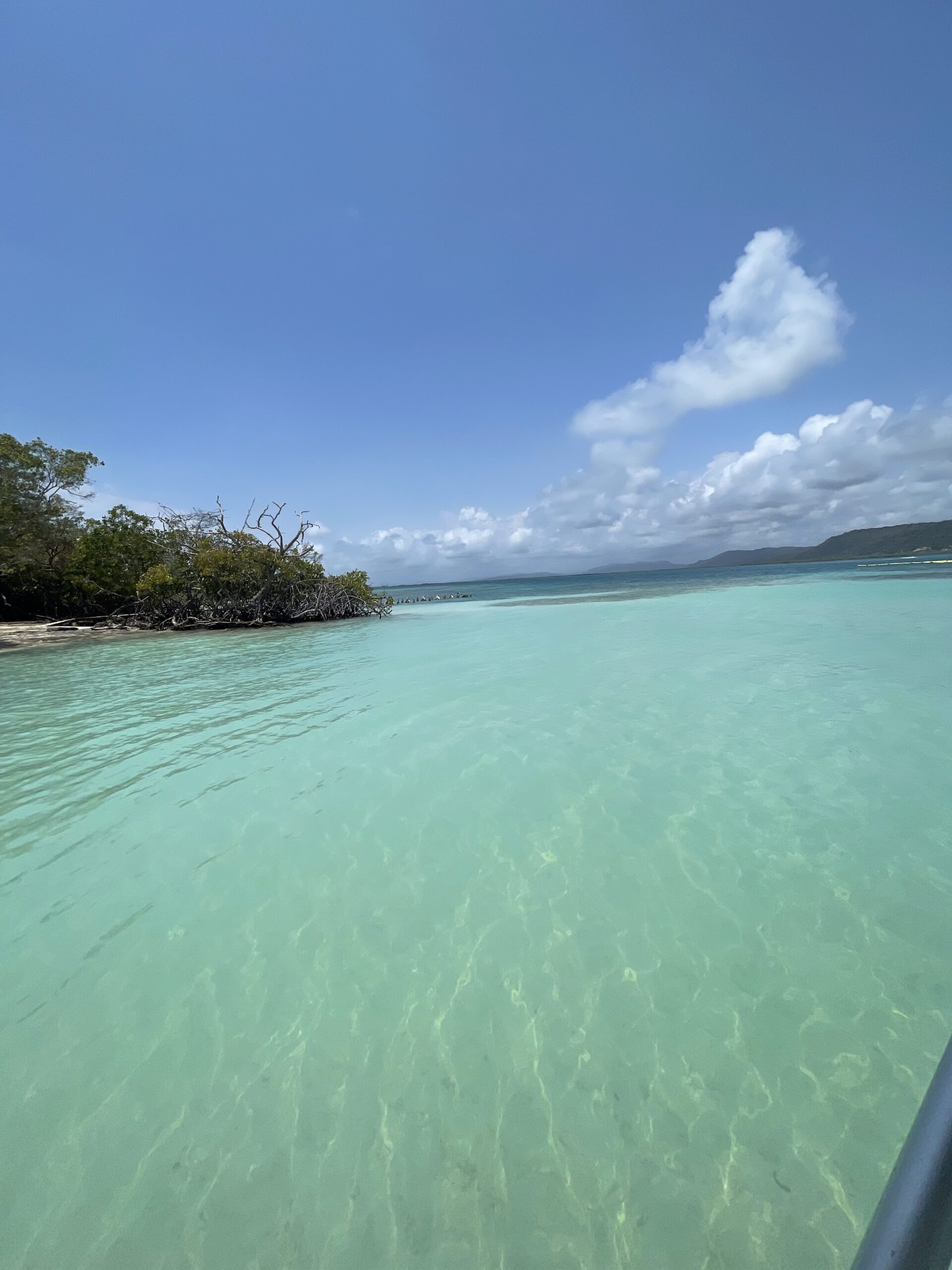
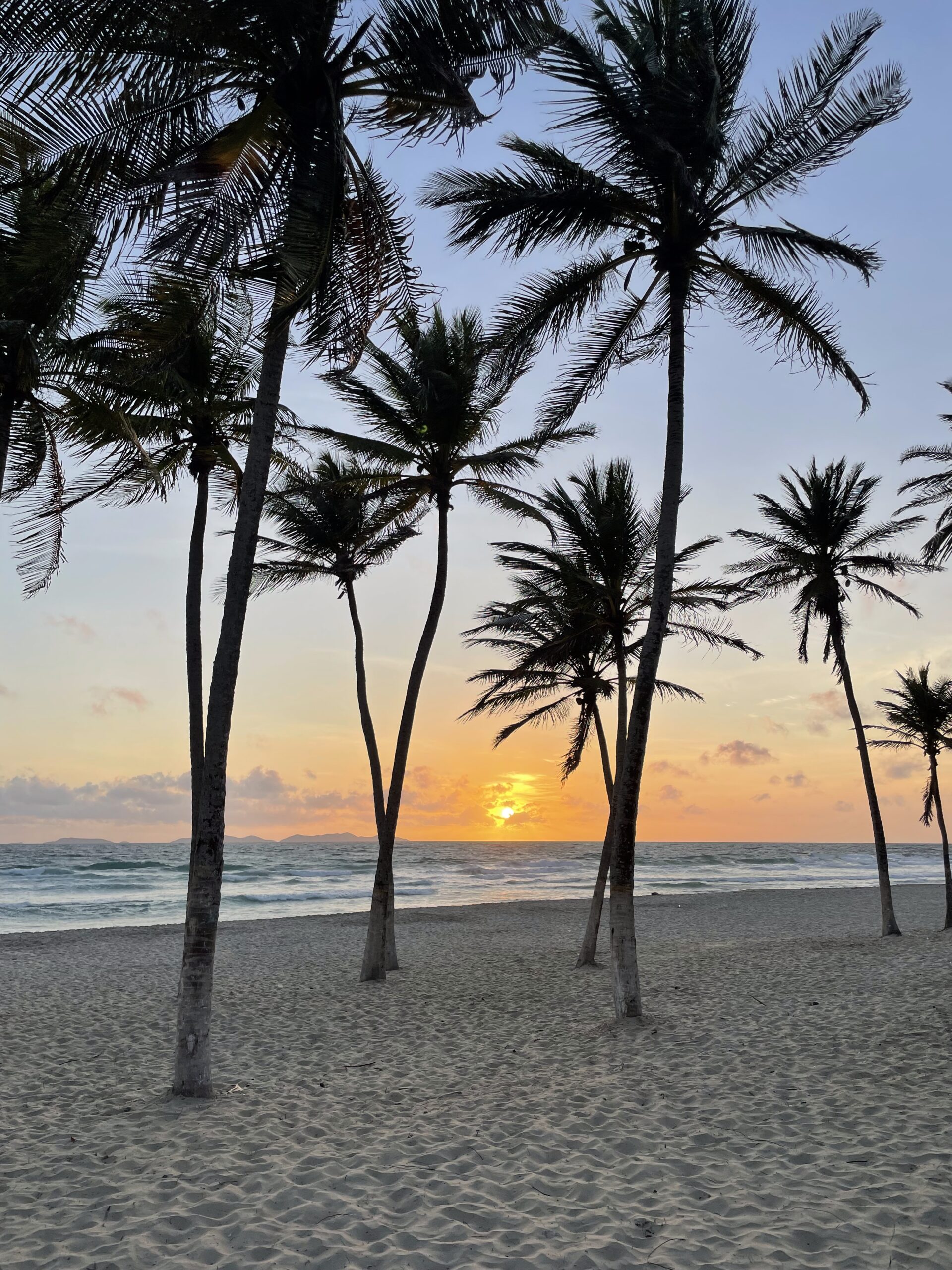
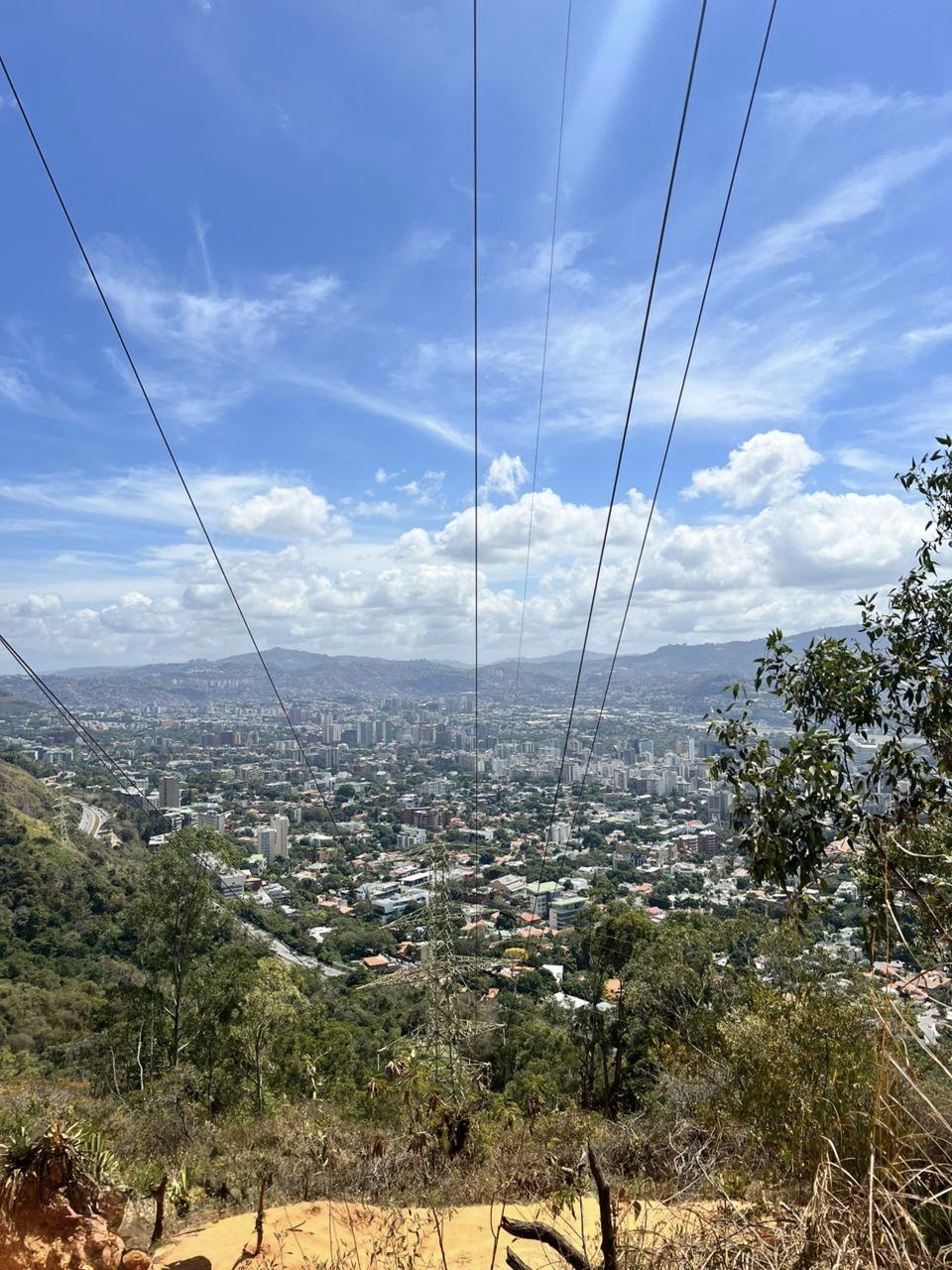
Here is my story
The decision to move to another country isn’t easy. I have witnessed this firsthand with my own life and that of my parents, aunts, uncles, cousins, and friends. I still remember the look of sadness and fear on my grandparents’ and parents’ faces as we said goodbye at the airport. We didn’t know when we would see each other again, or what my parents were stepping into on this new journey without their support system.
You leave behind your life, culture, loved ones, and everything you know to be true, including the dreams of what could have been. You say goodbye, not knowing if you will ever return. It took me 18 years to visit Venezuela again after moving to the U.S., and it is always uncertain when I’ll be able to return.
Stepping into a new reality, where the culture, laws, language, and people are different, is a conscious decision made with the hope that it will bring you new opportunities. But that doesn’t take away the pain of leaving behind your home and loved ones. And that pain never really goes away. You just learn to live with it.
Venezuelans, both abroad and at home, have been dehumanized for years. At home, we’ve been beaten down by an oppressive regime. We have spent 26 years fighting for the freedom to live in a democracy without persecution, where our human rights are respected, where we have freedom of speech, due process, and the opportunity to thrive. And still, we have not lost hope that one day our country will be free and we will be reunited. Mariana Corina and Edmundo Gonzalez continue to spread awareness about the political crisis and human rights violations in Venezuela, but without the resources, the support of Venezuela’s armed forces, and minimal support from the international community, their options are unfortunately limited, and the future of millions of Venezuelans remains in jeopardy.
Abroad, we are mistreated for migrating and labeled as criminals or gang members. But in reality, just like many other groups of migrants, we are hard-working, loving, and fun people who were forced to leave home, or for whom migration was the only option to achieve a better future for ourselves and our families. Just like my parents.
We must stop generalizing people and start questioning the information we consume in the media. Migrants are vulnerable every step of the way. They struggle at home, and their journey is often filled with danger, limitations, and roadblocks. The United States government makes it extremely difficult to gain legal status and keep documents in order, and it is very costly. Migrants often become tools of labor exploitation or are targeted by crime once they arrive at their final destination. The fear of being criminalized also adds daily stress and often forces people into silence. They are easy scapegoats for many national issues. Their narrative is often taken advantage of and used against them.
As I think about everything I’ve shared: the trauma, the truth-telling, the grief, the joy, I realize this is also a form of leadership. Not the kind that comes with a title or recognition, but the kind rooted in love, truth, vulnerability, and liberation.
Sometimes leadership looks like opening up about your grief. Sometimes, it’s about asking someone how they’re really doing. Sometimes, it’s reclaiming a slur through music. Sometimes, it’s fighting for your right to stay. This is how we lead. Through memory. Through action. Through refusing to forget who we are or what we deserve.
I know a lot is happening, and many vulnerable populations are seeking help. But here are a few ways you can support Venezuelan immigrants in the United States:
1.Donate to organizations fighting for legal protections and immigrant rights: Numerous organizations represent and support asylum and TPS cases. Many receive donations. Here is a short list of the organizations I’ve supported:
- AMICA Center for Immigration Rights: https://amicacenter.org/
- Immigrant Defense Project: https://www.immigrantdefenseproject.org/
2. Amplify Venezuelan voices: Whatever platform you have, big or small, I invite you to lend some space to those without a voice. Here are two Venezuelan news organizations that were founded by Venezuelans:
3. Ask a Venezuelan how they’re doing: This crisis impacts our most vulnerable first, but we are all on high alert. Ask those in your community, maybe they need a space to talk. Maybe they’ll say they’re fine. But all of them will be so glad you asked.
4. Support Venezuelan artists: And lastly, I wanted to share some artists and writers who bring to light Venezuela’s talent. Venezuela is home to extraordinary talent. These are just a few who are making waves and honoring our culture:
- Pop, reggae, and funk band Rawayana won a Grammy this year for their album ¿Quién trae las cornetas? Give it a listen, it’s really good. And they performed at Coachella this April. They collaborate with other Venezuelan artists like Danny Ocean. Rawayana’s song Veneka inspired many discussions on the power of reclaiming a slur used against Venezuelans everywhere. Their Grammy speech, mainly in Spanish, was marked by Venezuela’s musical legacy. Every mention of a song or a band warmed my heart. Even if you don’t get the references, feel their joy come through in their words.
- Atrás queda la tierra by Arianna de Sousa-García
- Freedom is a Feast, by Alejandro Puyana
- Movie: Simon
Related Posts
December 15, 2025
LLC’s 2025 Celebrations
July 21, 2025
